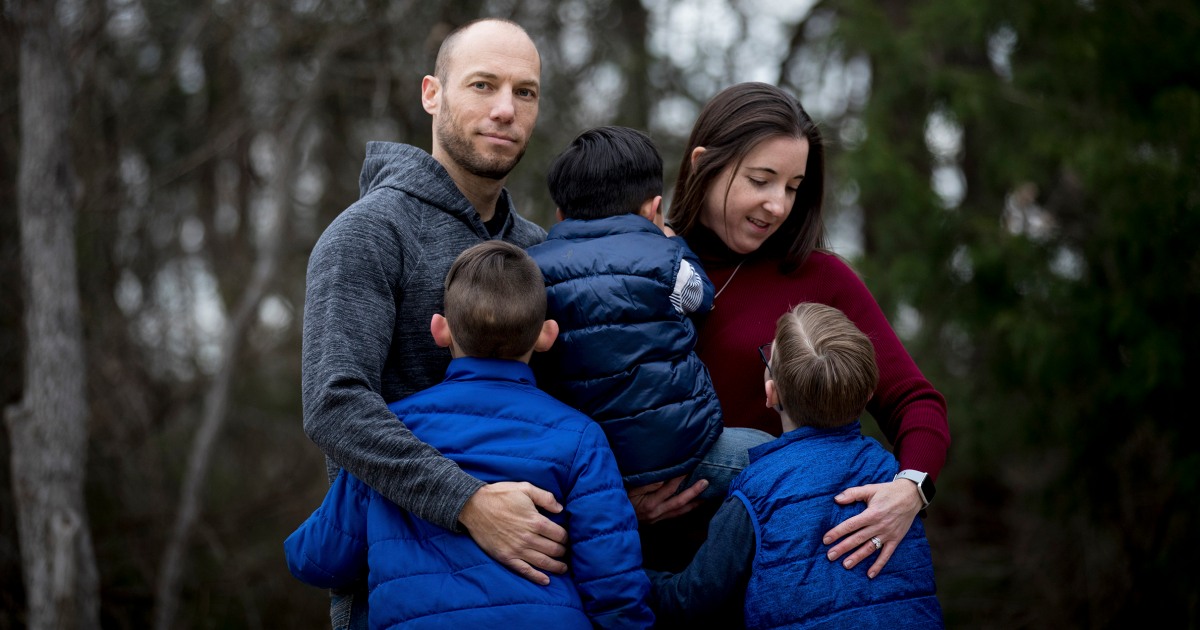WASHINGTON — The Supreme Court on Thursday rejected a challenge to a federal law intended to protect Native American children while reinforcing tribal identity.
In a 7-2 vote, the court rejected a series of claims seeking to invalidate parts of the Indian Child Welfare Act enacted in 1978 to keep Native American children within tribes. Among the provisions challenged was one that gives preference to Native Americans seeking to foster or adopt Native American children.
The court, in a ruling written by Justice Amy Coney Barrett, said the challengers had no legal standing to challenge whether the preemption provisions violated the equal protection clause of the 14th Amendment.
Barrett wrote that the challengers had sued the federal government, but noted that it is state courts that enforce preference provisions and state agencies place children.
However, the majority concluded that Congress has the authority to legislate on the issue and rejected the challenges on those grounds.
Two of the court’s six conservative justices, Clarence Thomas and Samuel Alito, dissented.
The ruling will come as a great relief to the tribes, who worried that the court would undermine or completely strike down a law that plays an important role in reinforcing tribal identity.
The law was enacted in response to a long history of both states and the federal government disproportionately separating Native American children from their families.
The challengers are led by Chad and Jennifer Brackeen, a white evangelical Christian couple seeking to adopt a Native American child, as well as from the states of Texas, Indiana and Louisiana. The couple adopted the child after a possible placement with a Navajo family fell through. They are also looking to adopt the boy’s half-sister, who lives with them.
The law was championed by the Biden administration and five tribes: the Navajo, Cherokee, Oneida and Quinault Indian nations and the Morongo Band of Mission Indians.
The tribes warned that striking down the law’s provisions on racial discrimination grounds would threaten centuries of law that treat Native American tribes as distinct entities.
Both sides appealed to the Supreme Court after the New Orleans-based US Court of Appeals for the Fifth Circuit issued a split decision last year in which the justices were split on key issues. A district judge had previously ruled the law unconstitutional.
The Supreme Court has been sharply divided on two major recent cases on Native American issues. In 2020, the court expanded tribal authority in Oklahoma in a 5-4 ruling written by Judge Neil Gorsuch. But in a follow-up case last year that sought to limit the impact of the earlier ruling, the court reversed course, ruling 5-4 to expand state power over tribes in certain cases.
Between the two rulings, liberal Justice Ruth Bader Ginsburg, who had sided with the tribes in the 2020 case, died and was succeeded by Justice Amy Coney Barrett, creating the court’s current 6-3 conservative majority. . Barrett cast the deciding vote against the tribes in the second case, while Gorsuch joined the three dissenting liberal justices.

